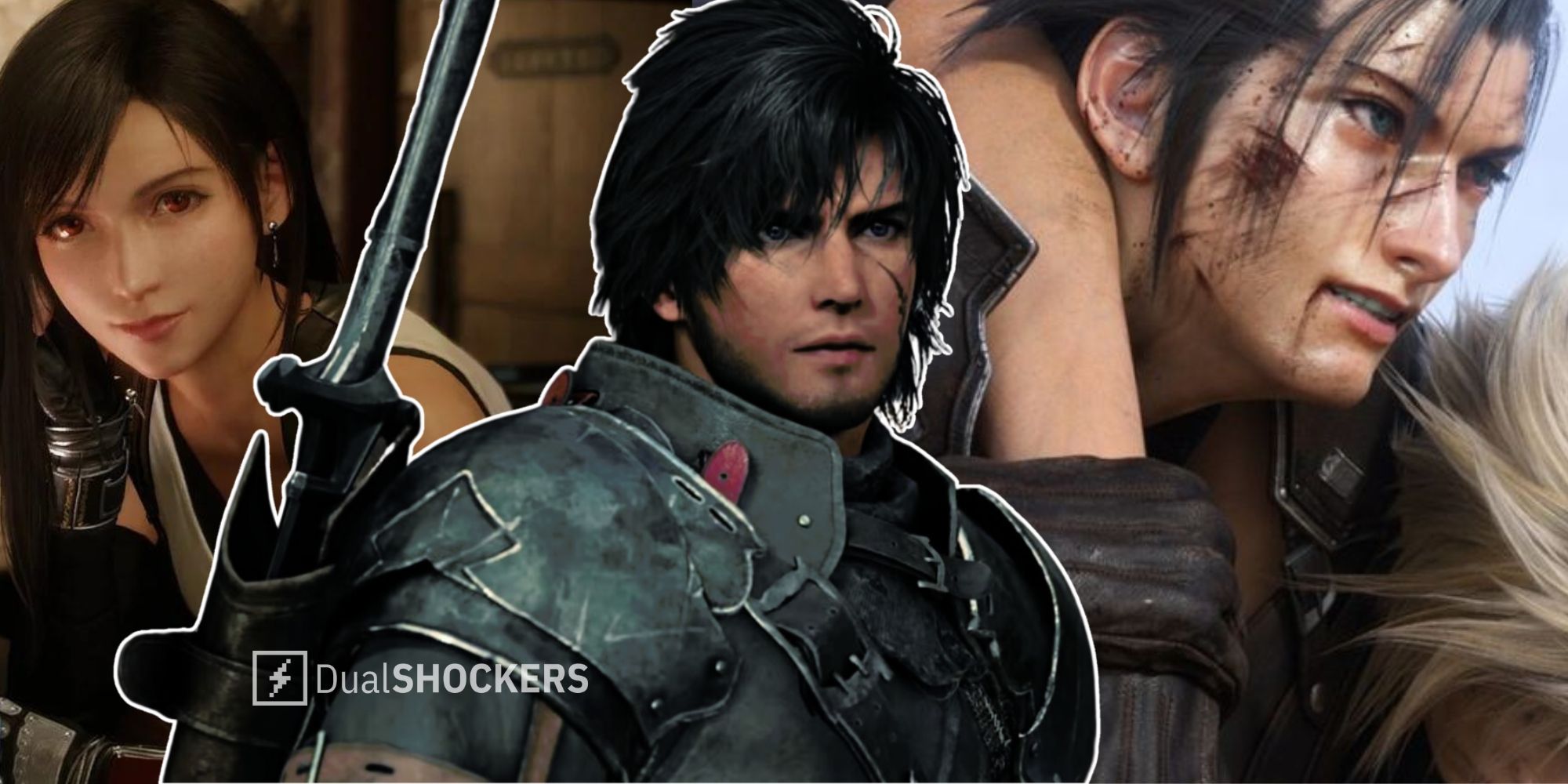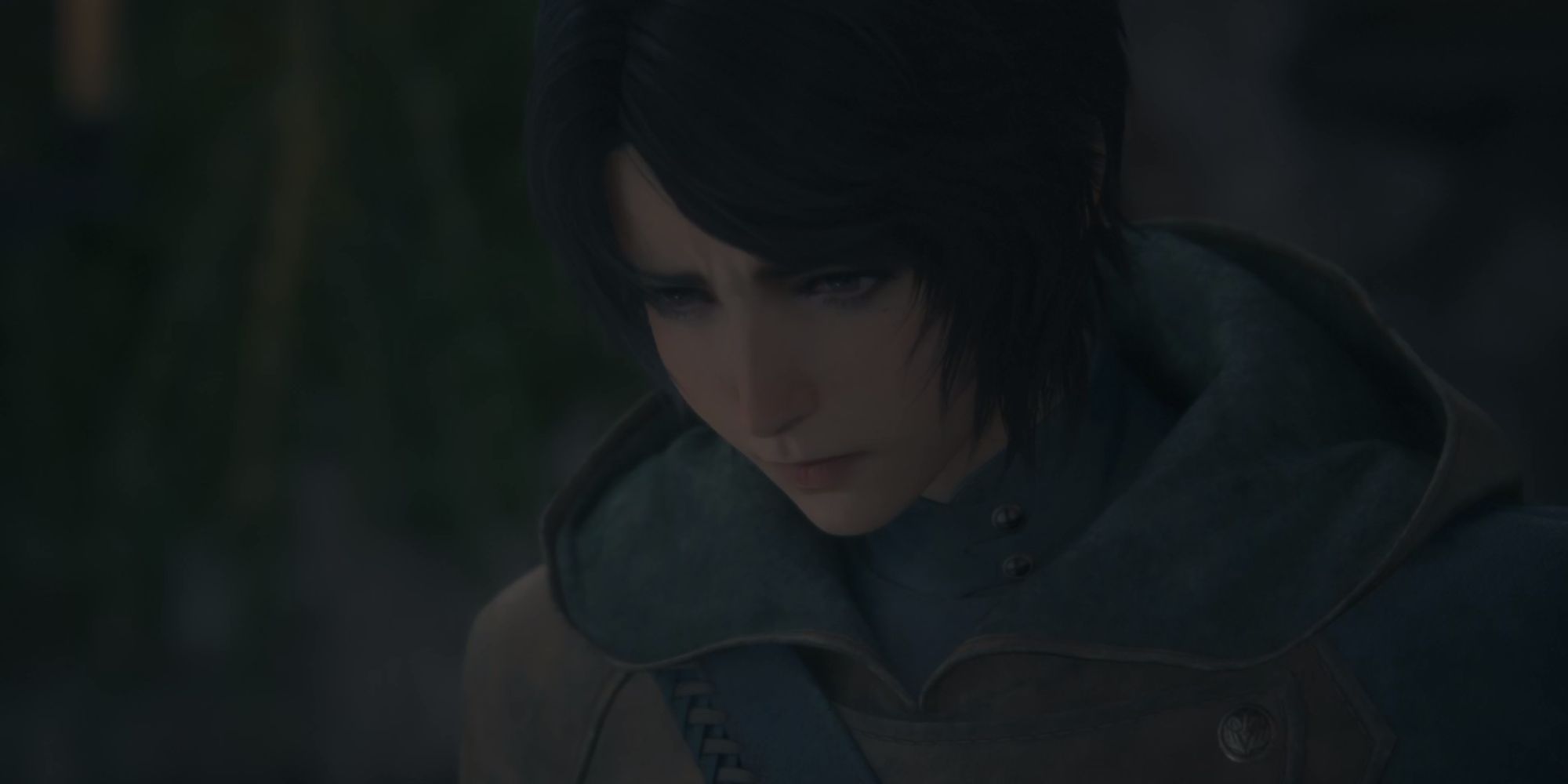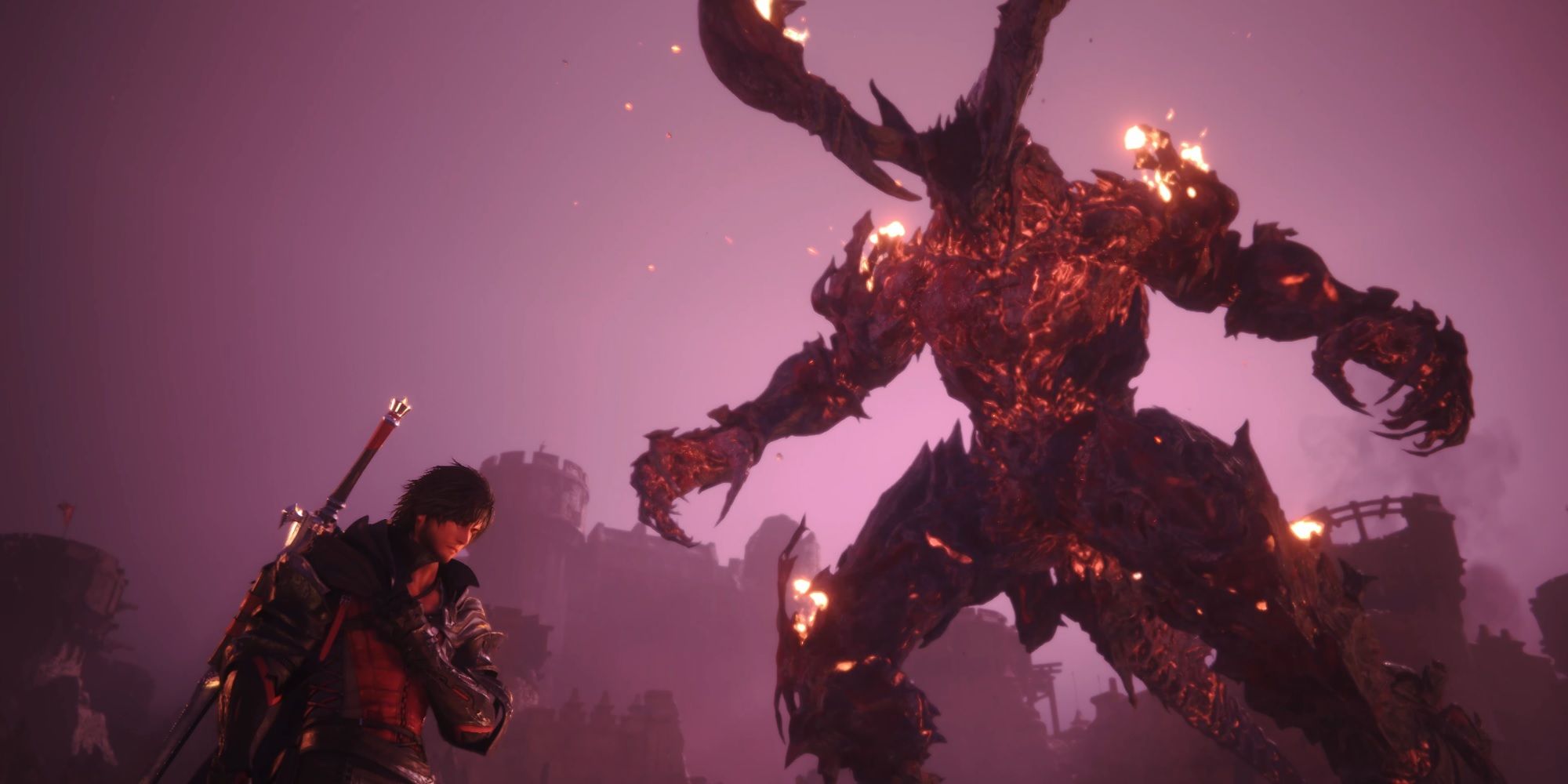Highlights
- Final Fantasy has continuously evolved over its 35-year history, with each game attracting new fans along the way.
- The Final Fantasy fanbase can be passionate and divisive, often disagreeing on which game or era is the best.
- It's important to respect each other's opinions and refrain from grieving developers and fans of other entries.
Final Fantasy has been growing and evolving continuously for 35 years. The very first sequel, Hironobu Sakaguchi's Final Fantasy 2, was designed to be transformative rather than just iterative, and every major Final Fantasy installment since then has pushed boundaries fearlessly, which has been a driving force behind the series. Each game had its own unique vision in terms of visuals, gameplay, storyline, and musical score, even though there were obvious similarities between them.
As a long-time Final Fantasy fan who joined the fan base at the age of 17, I vividly remember cracking open my first Final Fantasy game, which was Final Fantasy 8. At that time, the franchise had already seen 14 years of innovation, and it was a thrilling journey to explore the world of Final Fantasy through the eyes of a newcomer.
Throughout the years, I witnessed the franchise evolve, and with every new release, there were both familiar elements and daring changes that defined each game's identity. There were some alterations that resonated with fans, while others provoked debates and discussions. It's important to note, however, that regardless of all the changes, each game always had something positive to offer, attracting a new generation of fans who discovered a charm they had never experienced before.
New consoles brought significant changes, and titles like Final Fantasy 4, 7, and 10 captured the hearts of many, including myself. Each game has brought in a new generation of fans and impacted the gaming industry for years to come. Now, when Final Fantasy 16 has entered the stage, the same spirit of innovation and boundary-pushing has continued. The success of Final Fantasy 16, like its predecessors, is judged by the impact it leaves on players, both newcomers and long-time fans alike. And it seems like that impression has somewhat left the current poster boy developer of Final Fantasy, Naoki Yoshida (whom we adoringly call “Yoshi P”), feeling that critical ire of the divisive fan base.
As reported through Eurogamer, Yoshi P was recently shown in a documentary in Japan, doing what he’s known for—poring over fan comments and feedback. It’s become one of his hallmarks as a developer. It started with the turnaround of Final Fantasy 14: A Realm Reborn, which took the series from being a total bomb to one of the most popular MMOs on the market right now. A strong element of his ability comes from not just listening but engaging with fans. He’s been on multiple streams with Final Fantasy 14 players and has mentioned that he appreciates them and has even watched their streams. And thus, he’s become a beloved and celebrated figure, especially in the Final Fantasy 14 community.
But that doesn’t mean that he’s above criticism from those who didn’t enjoy the changes to the franchise with Final Fantasy 16. About the comments, specifically ones from the Japanese fanbase, he said, "There's a lot of people who just yell at you, people I've never seen, met, or talked to before. It's weird. What did we do to them? Perhaps they just write it from a place of negativity and malice. It's tiresome."
This fanbase indeed can be quite “tiresome.” I think back on reading some of the comments on my article asking for a remaster of the Final Fantasy 13 trilogy. The article gained a lot of traction, but I noticed that some of the traffic was from people coming to, once again, tear it down as “one of the worst Final Fantasy games in history.” It’s annoying, but it’s also something that I’m used to hearing in this fanbase. We’re passionate about the entries we love, and we’re also passionate about the things we dislike.
I hate to admit it, but before I was onboard with Final Fantasy 16, I felt compelled to write (albeit more respectful) comments on the many videos I saw prior its release about how much I didn’t enjoy the “one-man-army” style of gameplay that was chosen for the entry. Each of my favorites (which include 8, 10, 10-2, 12, the 13 trilogy, and 14) all had me squaring up to mythological creatures with a squad backing me. The anxiety of dying is lessened because the burden of combat is placed on many, not just one.
But my tone shifted dramatically when I realized that one of the glories of the series is also the reason why we, as a fan base, will never completely agree on which Final Fantasy game or “era” is the best. As I mentioned before, the jumps between entries 4, 7, and 10 brought different fans into the series. That is also true with 13 through 16. All you have to do is simply scour the Internet and look at the comment sections (if you dare), and eventually you’ll find one from a newer fan thanking the latest entry for being their first Final Fantasy game. And much like many of us, that entry will become their “ride or die.” It’ll be the entry that, on some level, they will compare all other entries to.
And that’s totally fine.
For me, Final Fantasy 10 was where the series truly broke through. And 14 is where I’ve spent nearly a decade playing as my own rendition of the Warrior of Light: a little pink-wearing lalafell who was purposely created to have heterochromia, as an ode to Yuna. It’s standing by the 13 trilogy and continuing to enjoy it, even though publicly it gets me a shocking amount of boos and jeers.
Just as Clive is about to hit the final blow in the game’s grand finale, he shouts: "The only fantasy here is yours. And we shall be its final witness." In one very grand and very purposeful callback to Final Fantasy as a brand with a complex history, Clive plunges his sword into the final boss, acting as an extension of Yoshi P “taking a stab” at his vision of what Final Fantasy looks like in our current world.
In this game, we see the most recent evolution of the Final Fantasy brand make its mark in the collective history book, which has always centered around evolving. Final Fantasy has departed from the traditional turn-based gameplay for quite some time now, with many of the past 20 years' releases pushing the limits of what turn-based is. Through the use of the famed ATB system in an action-based format, the Final Fantasy 7 Remake struck a clever balance. Despite not following that path, Final Fantasy 16 has garnered its own praises and naysayers. That’s just the nature of this fanbase.
I only have one request for those of us who passionately stand for one entry in the series: don’t passionately grief the developers and fans of another. We can be divisive all we want, but we should also be respectful of that divisiveness.





